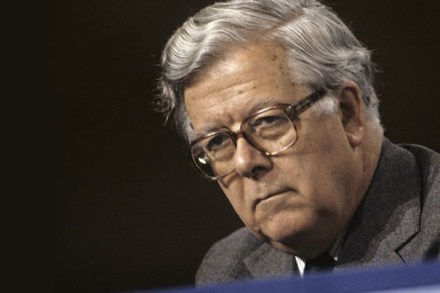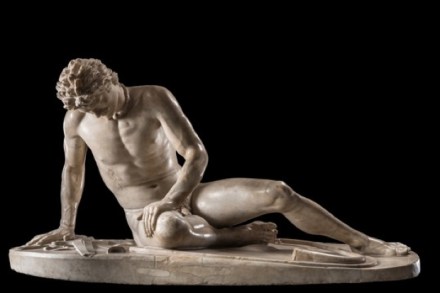Podcast: Charlie Falconer vs Douglas Murray on assisted dying
The Assisted Dying Bill will return to the Commons and Lords in the near future – are we prepared for the consequences? On the latest View from 22 podcast, Douglas Murray debates this week’s cover feature with Lord Falconer, the former Justice Secretary and Lord Chancellor who has been a key proponent of the bill. Are there lessons to be learnt from euthanasia legislation in Holland, Belgium and Oregon? What impact will the law have on the mentalities of older people? And are there enough provisions in the bill to stop assisted dying becoming a ‘slippery slope’? Isabel Hardman and James Cleverly, the Conservative MP for Braintree, also discuss the 2015 intake










